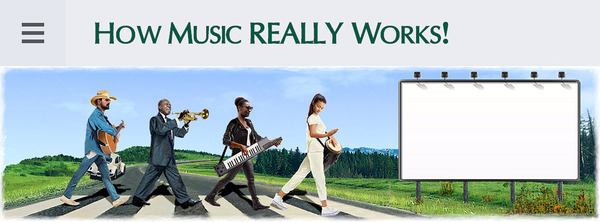You Are Reading the First 6 FREE Chapters (470 pages)
2.6.7Jazz Music: The Origin of Jazz
I’m very glad to have met you, Mr. Sartre. I like your playing very much.
Origins
Jazz started in the early 1890s in the port of New Orleans, a city that was once a French colony. The African American musical culture of syncopation, polyrhythm, melodic embellishment, and improvisation mashed up with European (especially French military) musical traditions and instrumentation: marches and rhythmically “square” dance forms, brass instruments, and the upright piano.
New Orleans Creole musicians (American born, of African American and European—especially French—ancestry), such as Buddy Bolden, King Oliver, Kid Ory, and Jelly Roll Morton, lived with, and played music with, self-taught African American musicians. Altogether they created a new genre, jazz.
Breakout
The Original Dixieland Jazz Band made its first recording in 1917. By the 1920s, the Mississippi riverboats had carried jazz north to Kansas City, Chicago, and New York. Not long after, jazz had spread all over America and on to Europe. (Recall that in the 1930s, the Nazis banned jazz.)
White musicians played alongside black musicians, helping to focus more attention on the appalling state of racial discrimination and segregation that had existed since the botching of emancipation at the end of the Civil War in 1865. Later, jazz musicians such as Louis Armstrong played a role in sparking the civil rights movement of the 1950s and 1960s.

